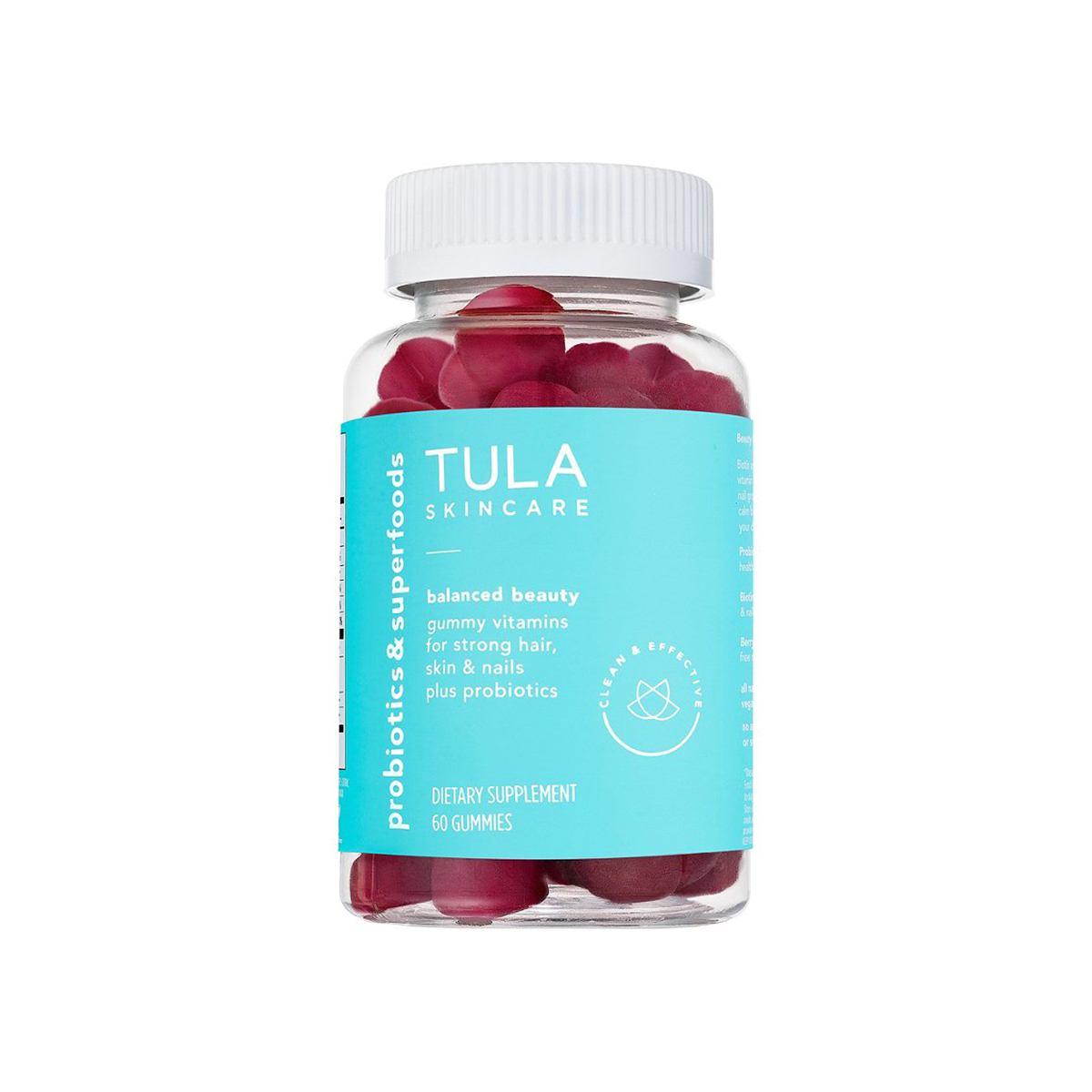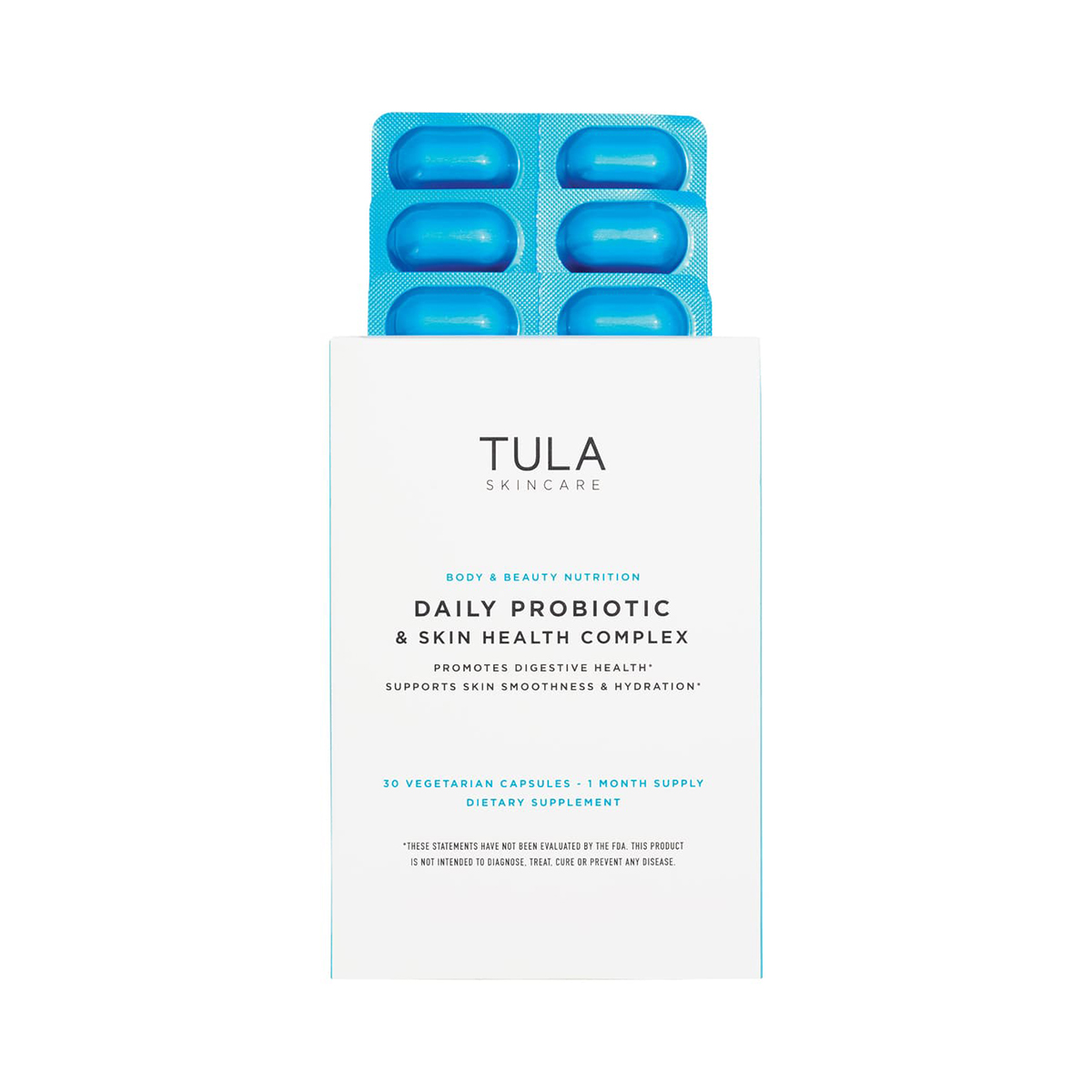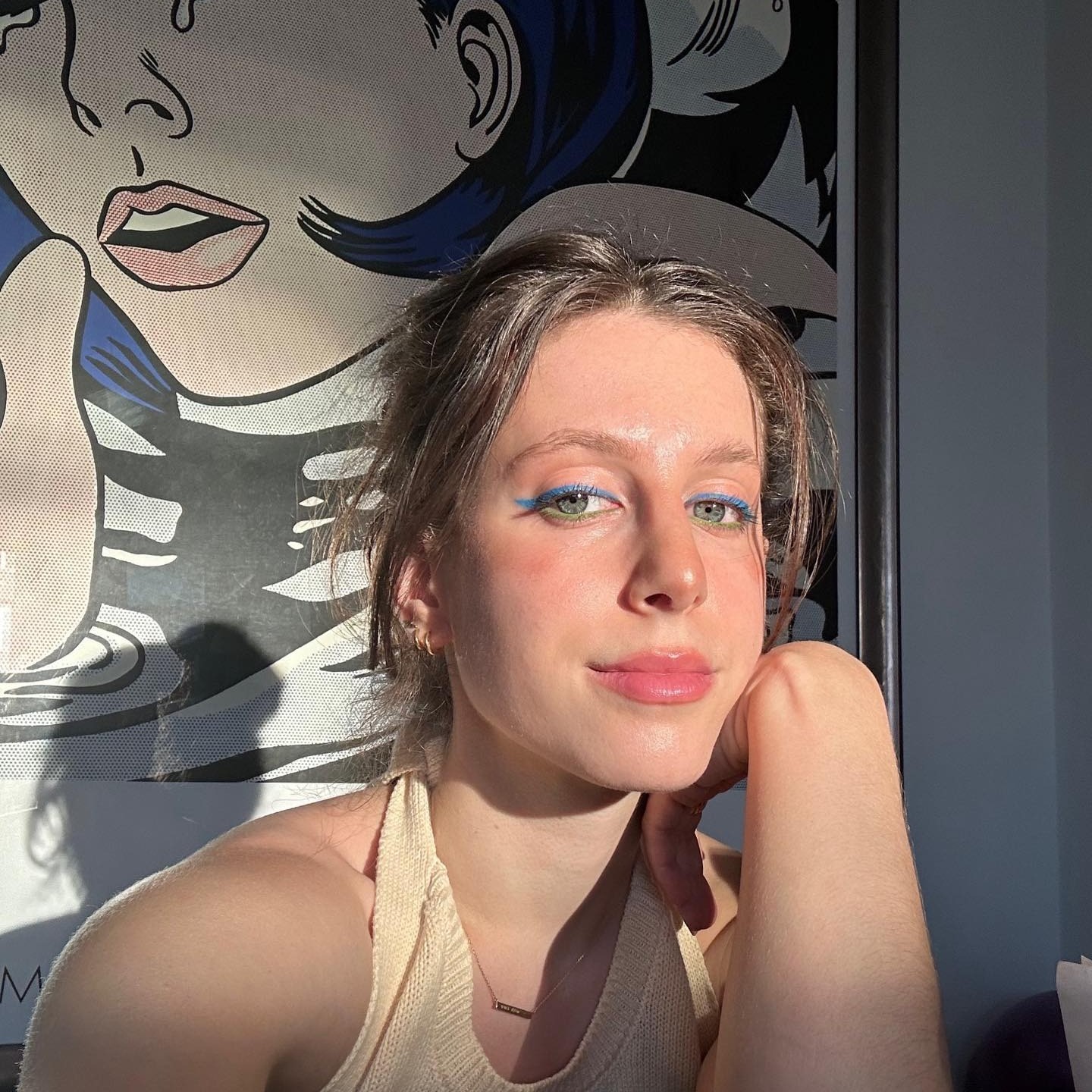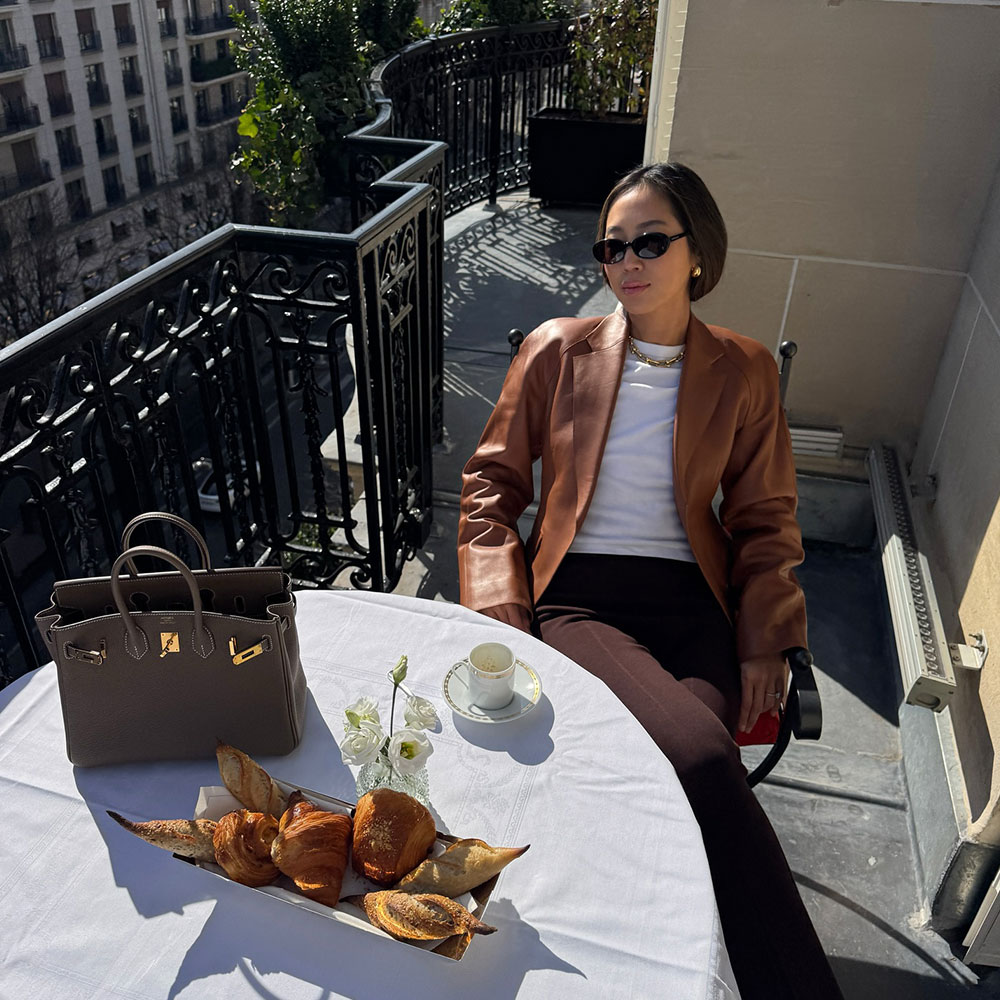If Probiotic Skincare Feels a Little "What the Heck," We Finally Have Answers
Over the past few years, I've noticed an increasing number of similarities between my kitchen cupboard's collection of supplements and my bathroom counter's collection of skincare. CBD, vitamin C, caffeine, adaptogens, superfoods like spirulina and goji berries, and probiotics comprise the nutrient-dense ingredient lists of my tinctures, jars, and bottles—regardless of where in my apartment they're situated. However, just because a particular ingredient takes off in the wellness or skincare world (or both), that doesn't necessarily mean it's effective or worthwhile. Quality matters, sourcing matters, and how a product is formulated matters. Sometimes, even the way or order in which we apply or consume a product matters. The beauty and wellness industries are driven by buzz, trends, and an inarguable bandwagon mentality, so it's not surprising the territory of true product and ingredient efficacy has become suspiciously muddled.
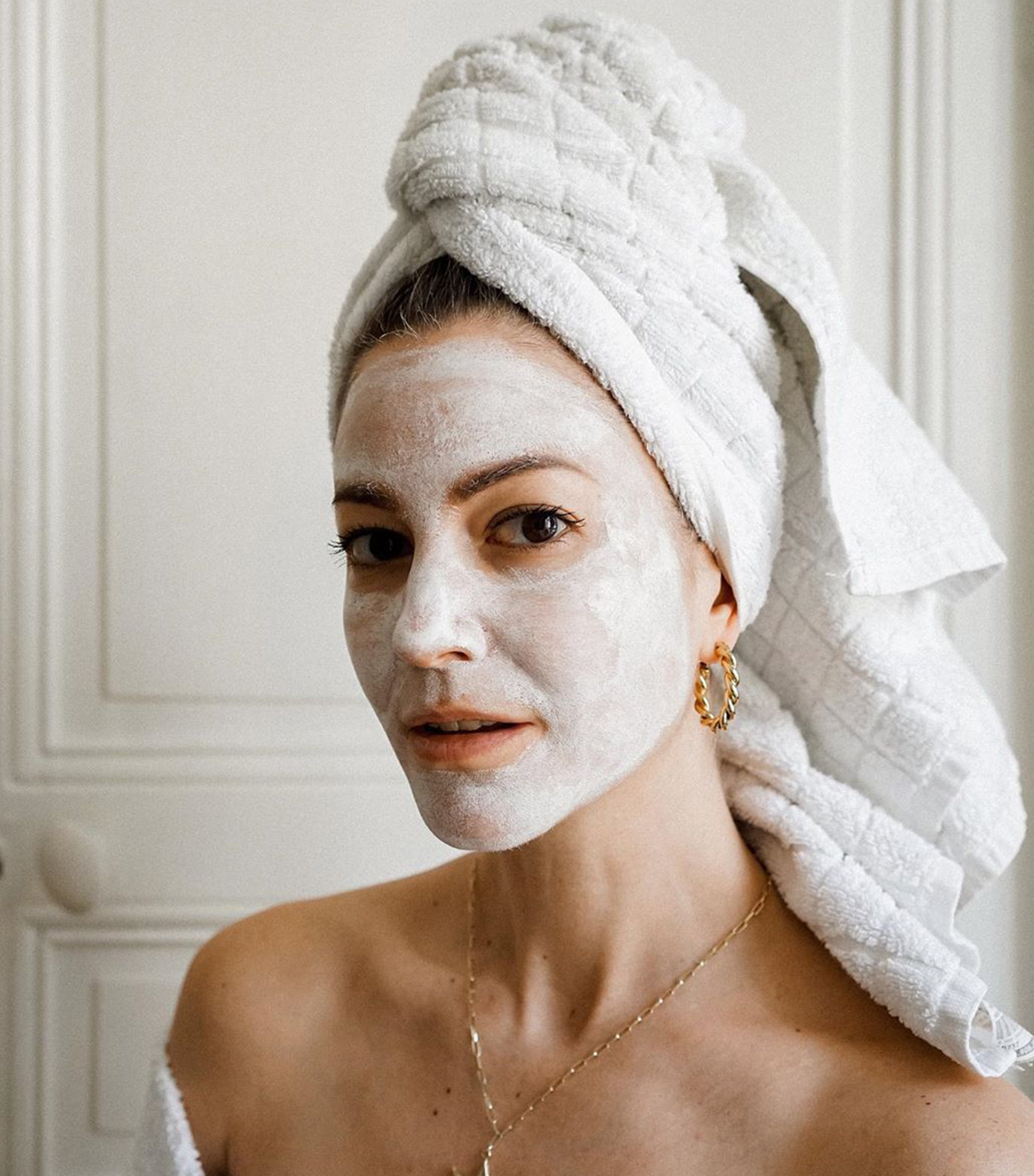
By now, most of us know how important probiotics are for our overall health, and our gut health especially. Thousands of gummies, syrups, and capsules of good-for-our-belly bacteria line our supermarkets and pharmacies, and you'd be hard-pressed to find a doctor who'd negate the proven benefits of probiotics. (Although, like any supplement, quality is key—not all formulas are made equally.) But when probiotics began to make their way into skincare, I'll admit I was skeptical. We live in a world that benefits from making us feel inferior, and in all honesty, the trend of probiotic skincare felt like another gimmick the beauty industry was trying to convince us we needed in order to attain the flawless, glowing skin our culture puts on the ultimate pedestal (a pedestal, mind you, that's completely unrealistic and largely unattainable, but I'll bite my tongue on that for now).
But as more and more brands began to join the bacteria-saturated skin movement, I started to second-guess my doubts. By turning my nose up at the unignorable trend, was I depriving my skin of some much deserved TLC? I've been on the edge of "to jump or not to jump" for years now, so I decided to set the record straight by asking two dependable experts all of my burning questions. Keep scrolling! Everything you've ever wanted to know about probiotic skincare is just ahead.
How do probiotic skincare products benefit the skin versus oral probiotic supplements?
According to gastroenterologist Dr. Roshini Raj, probiotic expert and founder of Tula, the ideal beauty and wellness routine will actually include both. In fact, it was the profound healing effect oral probiotics had on her gastroenterology patients that inspired her to research the idea of probiotics embedded into skincare.
"I began to research the topical benefits of probiotics and uncovered research that probiotics have a proven ability to soothe and calm skin inflammation," Raj explains. "I noticed that my patients' skin looked significantly calmer and clearer, and I could tell they were feeling better before they had the chance to tell me!"
As far as how probiotic skincare products actually work their magic, Raj says it really comes down to strengthening the skin barrier's natural defenses so our complexions can more efficiently hang on to essential hydration and slowly but surely feel smoother and healthier to the touch. But your oral probiotic can help improve your skin, too. Yes, a daily probiotic vitamin or supplement can reduce gastrointestinal symptoms like bloating and gas, but it can also help calm the skin and increase the skin's moisture levels.
"We have trillions of bacteria living on our skin, which can help fight infection and inflammation," Dr. Joyce Imahiyerobo-Ip, founder of Vibrant Dermatology, tells us. "When this microbiome is disrupted, inflammatory indicative symptoms like acne and eczema can occur or flare up. Ingesting probiotics helps to improve the diversity of our native gut flora, which ultimately helps to ward off total-body inflammation and skin inflammation. And, when applied directly to the skin, probiotics help to soothe redness or irritation while also protecting our skin from troublesome skin infections such as staph aureus."
Are certain strains of probiotics more effective for skincare than others?
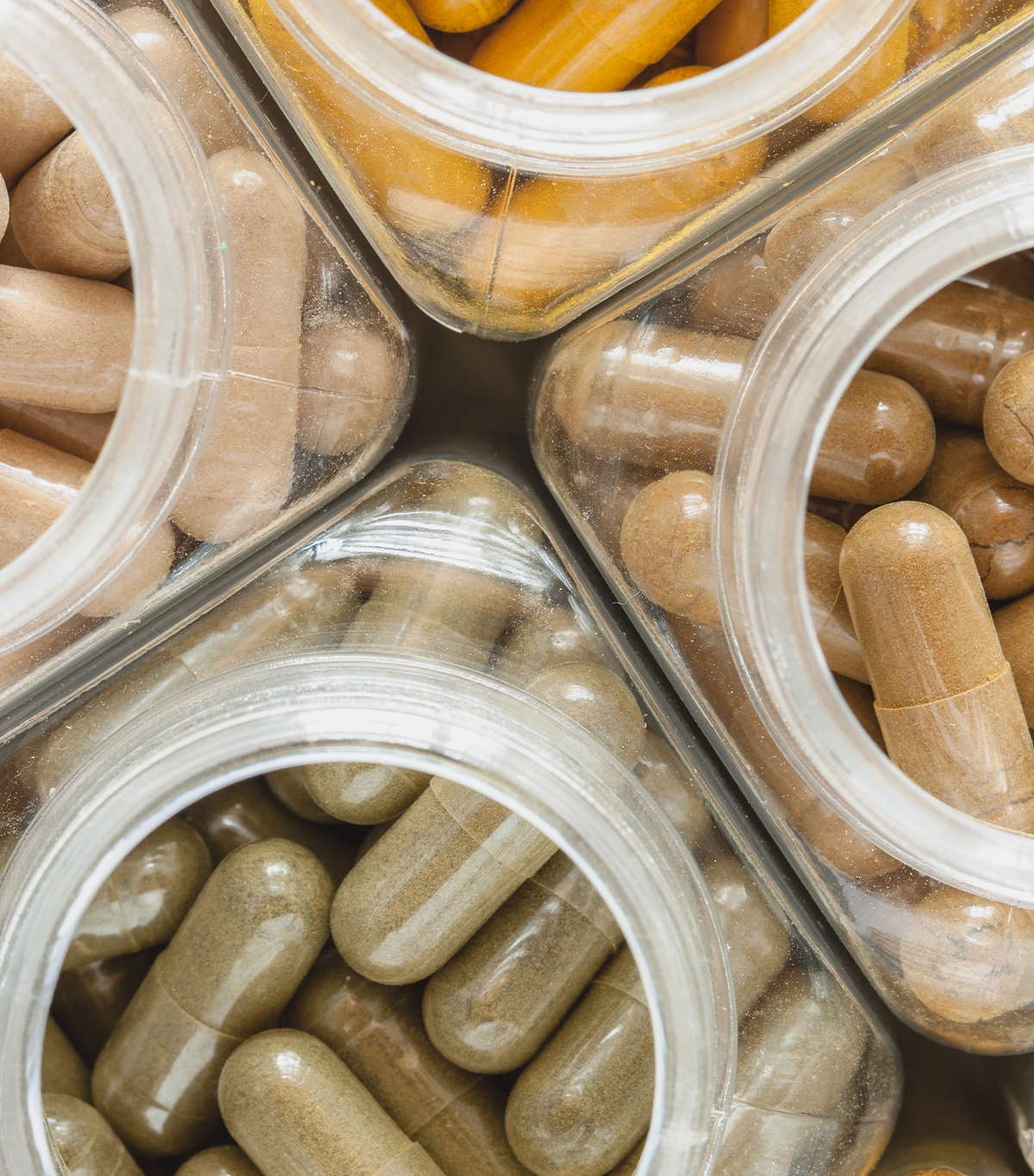
Now that we know probiotic skincare boasts key benefits like protecting our skin, retaining moisture, reducing inflammation, and defending against age-accelerating environmental stressors and free radicals, let's dive into some specifics—i.e., which strains of bacteria we should keep our eyes out for and how certain types of probiotics help address certain skin concerns.
According to Raj, there are a variety of strategic probiotic strains that can help target different skin concerns, and it's also important to keep your eye out for formulas that included prebiotics (which, essentially, feed and lend the necessary fuel for probiotics to work their skincare magic).
"Try to find products that pack in as many benefits as possible—probiotic strains like bifida ferment lysate help hydrate and lock in moisture while lactobacillus casei and acidophilus help improve the tone and texture of your skin. I also recommend lactococcus ferment lysate, which helps keep the skin barrier balanced and healthy." As Raj explains, all of these specific strains help restore your skin’s natural equilibrium, glow, and radiance while also lending important nourishment, hydration, and smoothness. Any noticeable inflammation and/or irritation is also likely to lessen.
Is there anyone who can especially benefit from probiotic skincare, and is there anyone who should steer clear?

While pretty much anyone can reap the benefits of probiotic skincare, Imahiyerobo-Ip says those with acne or sensitive, inflammation-prone skin are especially great candidates, and she routinely recommends probiotic-based toners for acne patients and has seen wonderful results.
"People with all types of skin (sensitive, dry, oily, or acne prone) are all likely to see improvements in their complexions by introducing probiotics (either topically, orally, or both) into their regimen," Raj confirms. To customize your results or to target specific concerns, she recommends looking for other helpful ingredients that will complement and enhance the benefits of probiotics when used simultaneously. Superfoods like natural fruit enzymes and aloe and powerful actives like salicylic and glycolic acids are all good places to start.
That said, probiotic skincare isn't necessarily the best fit for everyone, and if you have a sensitivity or allergy to probiotics, Imahiyerobo-Ip recommends treading carefully into the product category or just avoiding probiotic skincare completely.
"Always test new skin creams on the forearm to make sure you don’t have any sensitivities," she warns. "In addition, if you have serious bowel disease or digestive issues, you should consult your doctor before taking any type of probiotic pill or supplement."
The Expert- and Editor-Recommend Probiotic Skincare Products
Dr. Raj's picks:
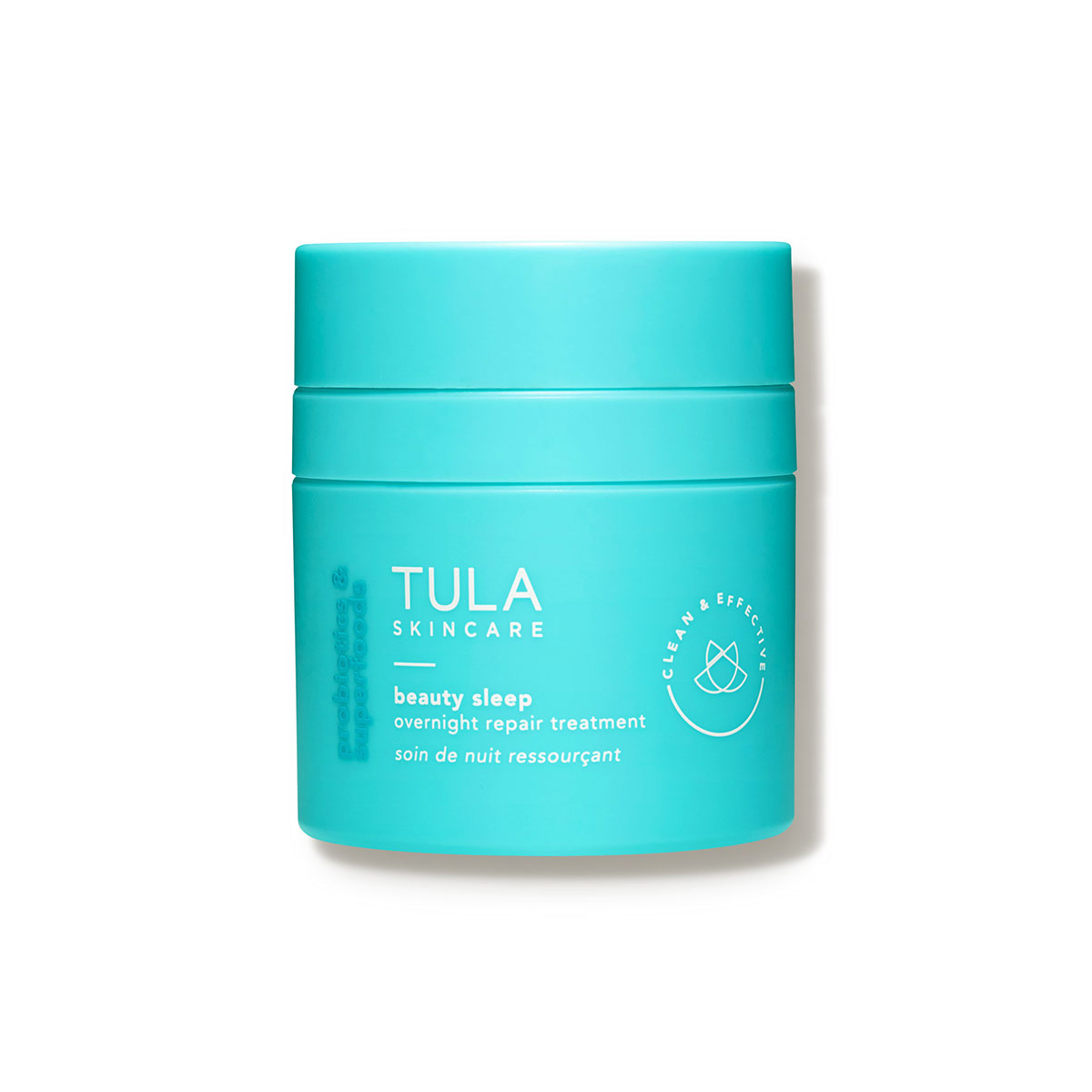
"I love that all of our formulations at Tula are clean and effective and aim to improve the health of the skin by adding healthy, good-for-you bacteria back to the skin."
Raj tells us she uses Tula's Beauty Sleep Overnight Repair Treatment nightly. It's a supercharged cream that combines potent probiotics with AHAs and vitamin C to fight visible signs of aging (like fine lines and wrinkles) while also improving tone and texture.
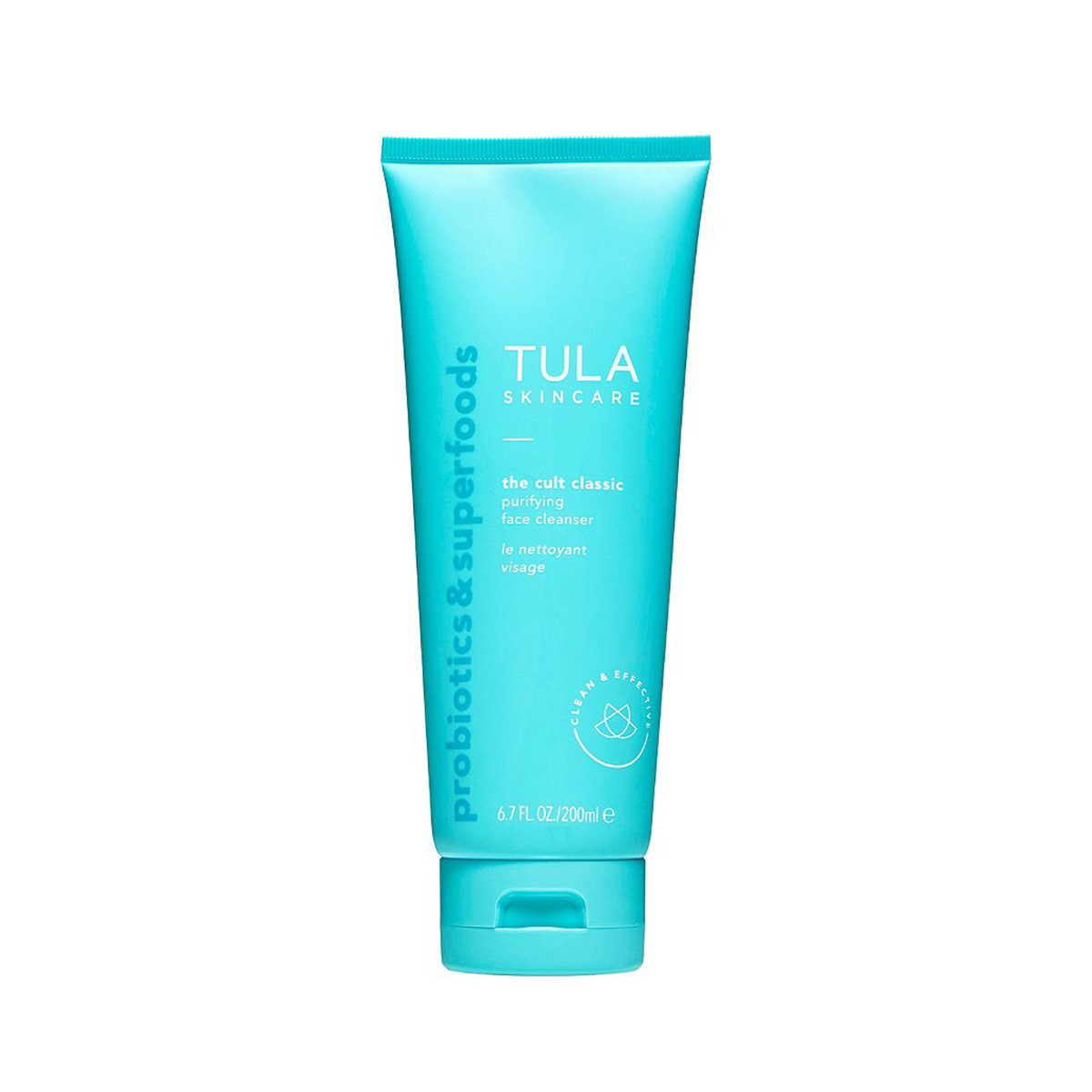
This appropriately named cult-classic cleanser is another daily, high-priority pick within Raj's good-skin regimen. It's a gel-based, superfood-spiked formula that deeply detoxifies pores without drying or stripping the skin.
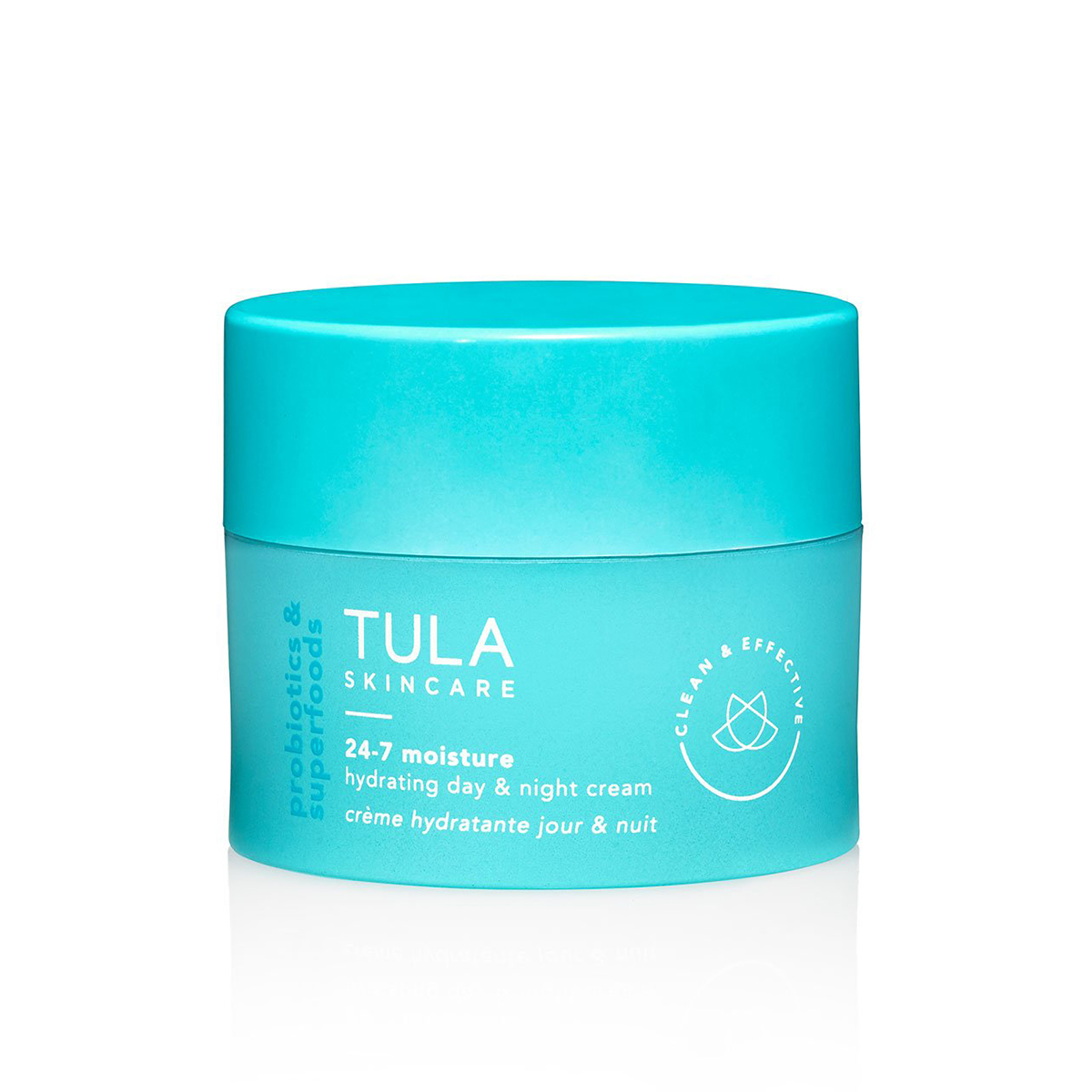
Raj shares that she uses this ultrahydrating day and night cream and couldn't imagine her routine without it. The award-winning formula features moisture-locking probiotic strain bifida ferment lysate alongside nourishing additions like rice nutripeptides, watermelon fruit extract, and squalane. Basically, it's like a tall drink of water for your complexion.
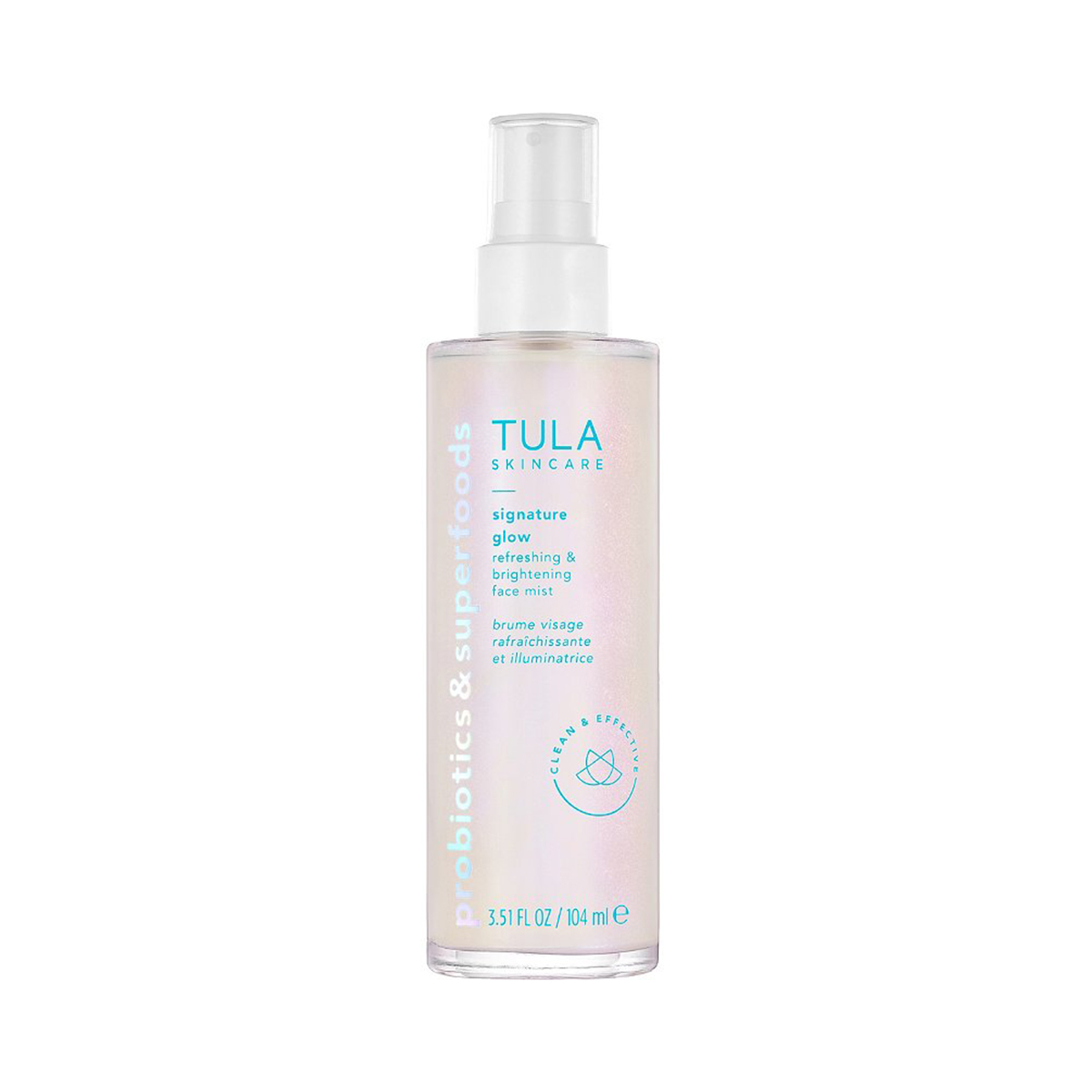
"I’ve also been loving our Signature Glow Mist and Protect + Glow SPF 30 because, in addition to providing hydration and imparting a gorgeous glow, the formula has the added benefit of blue-light protection."
Dr. Imahiyerobo-Ip's picks:
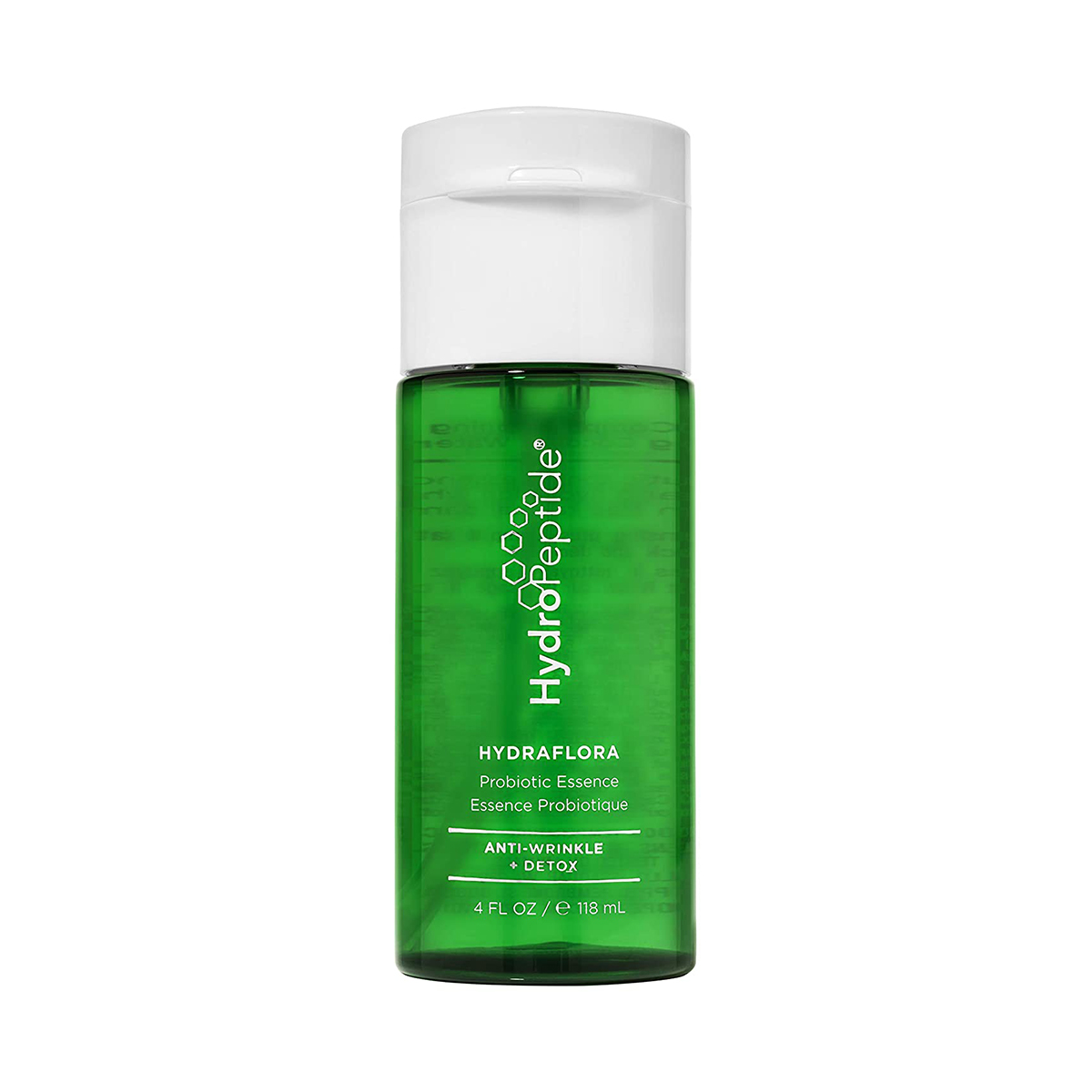
"I like this essence because it is formulated with pre- and probiotics to help rebalance and reset your skin’s moisture barrier and microflora. I recommend this for my acne-prone patients, especially."
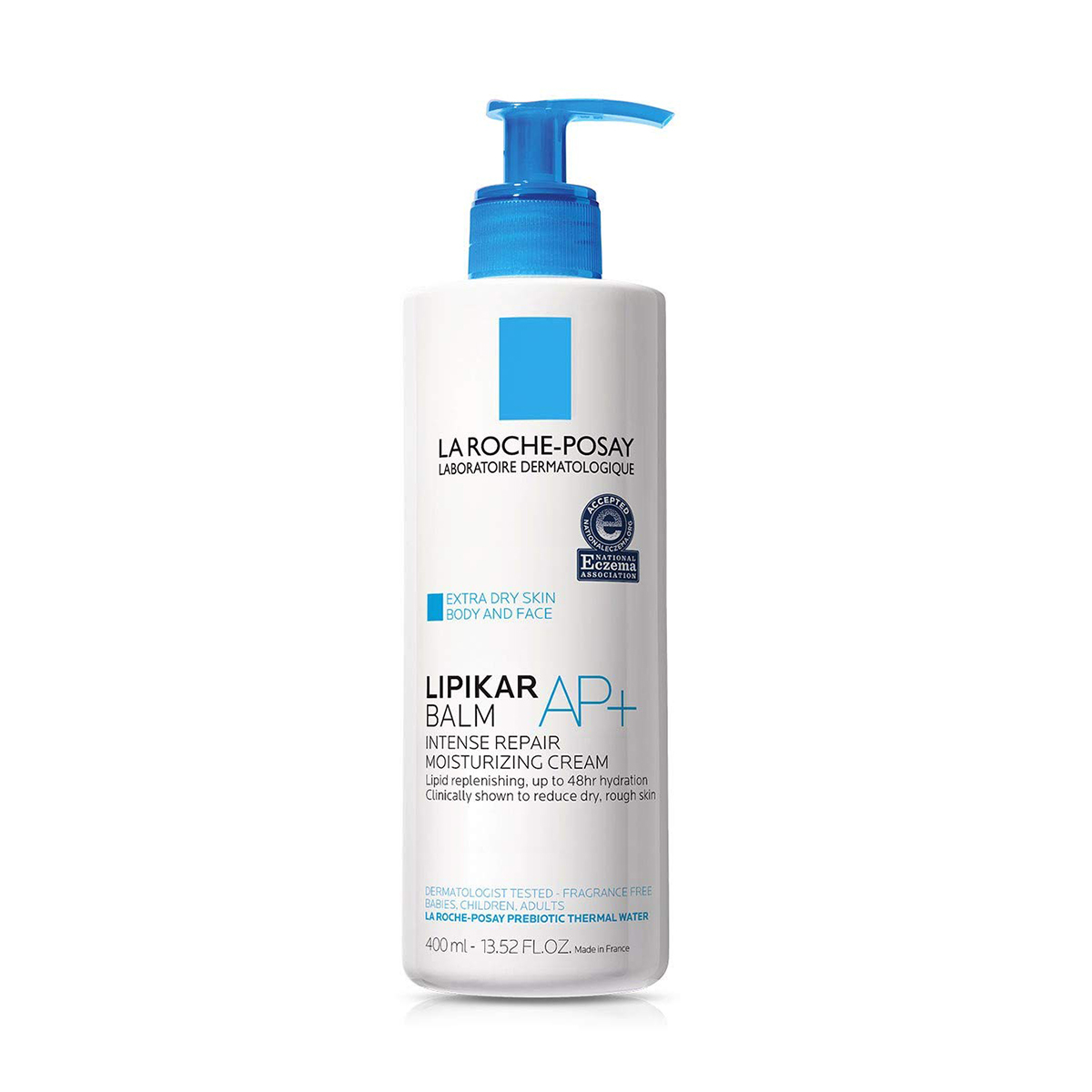
"Patients with eczema (a condition also known as atopic dermatitis) have an impaired skin barrier that makes them more susceptible to skin infections. This is a wonderful product since it helps to restore the skin barrier function while also keeping troublesome skin infections at bay."
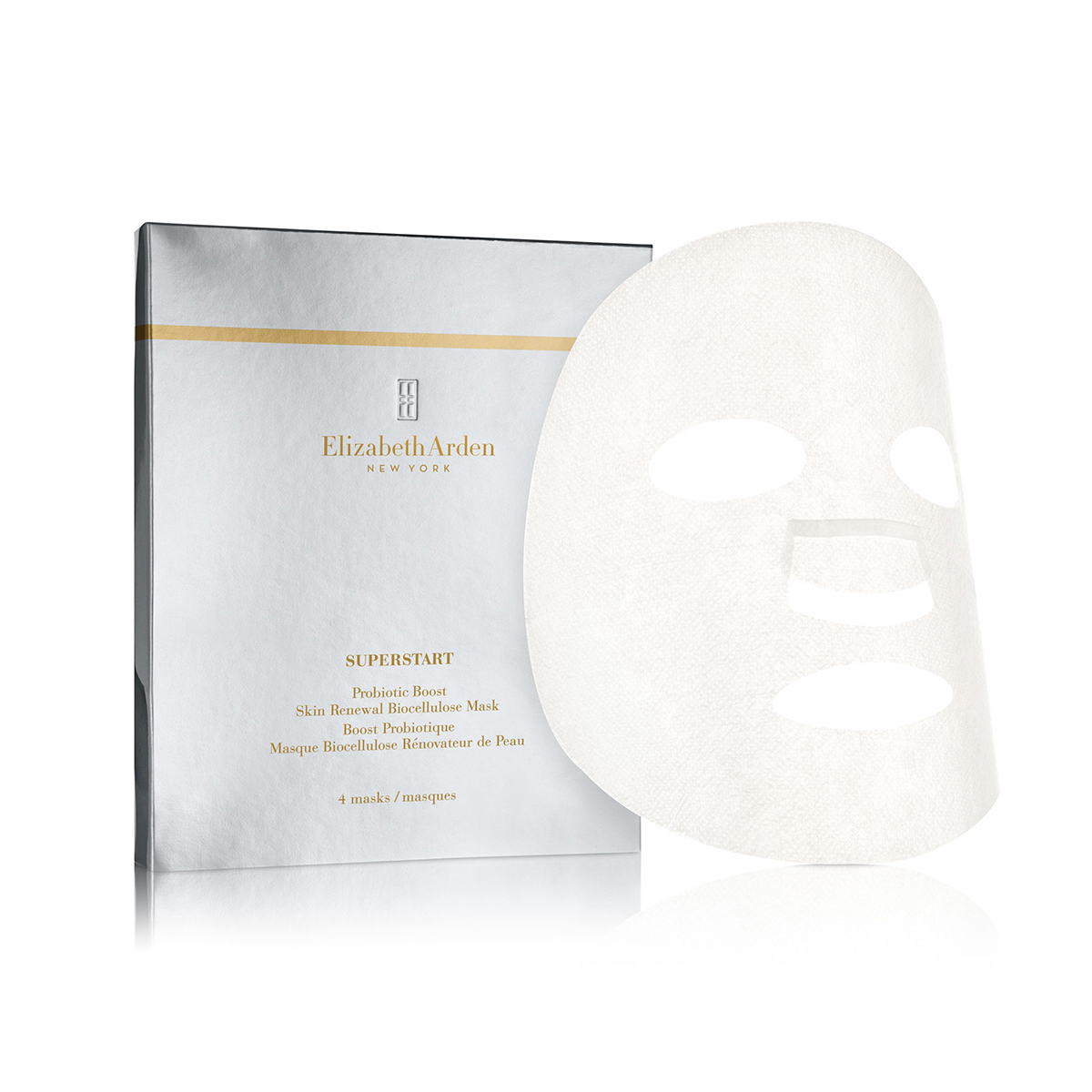
"Last but not least, I like these probiotic sheet masks from Elizabeth Arden, which help to soothe and calm rosacea-prone skin."
The editor picks:
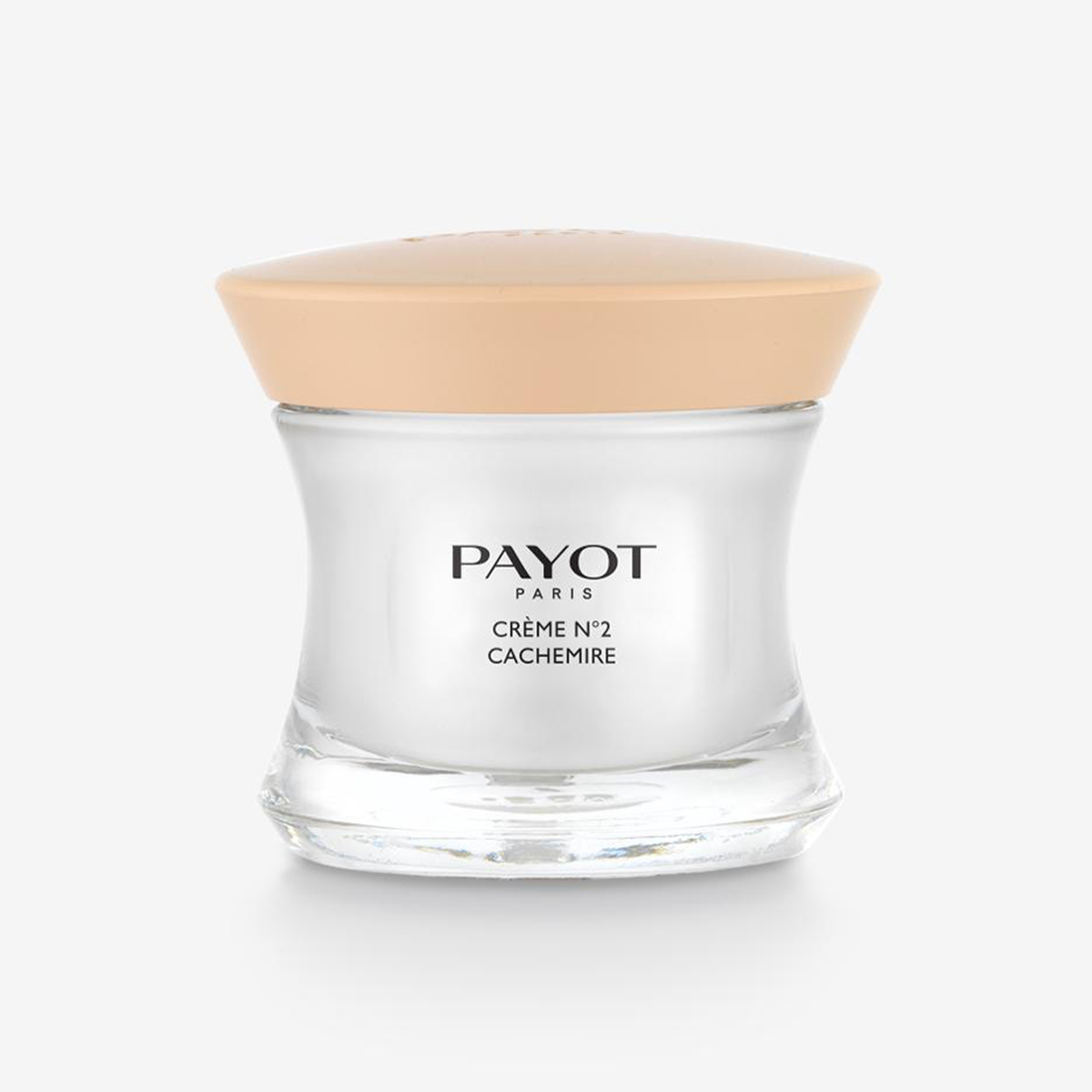
For anyone with sensitive, redness-prone skin who also happens to have a weakness for chic Parisian skin concoctions, this probiotic- and prebiotic-rich cream will be a welcome new skin discovery. Jasmine flower and Boswellia tree extract complete the luxe oil-meets-cream hybrid.
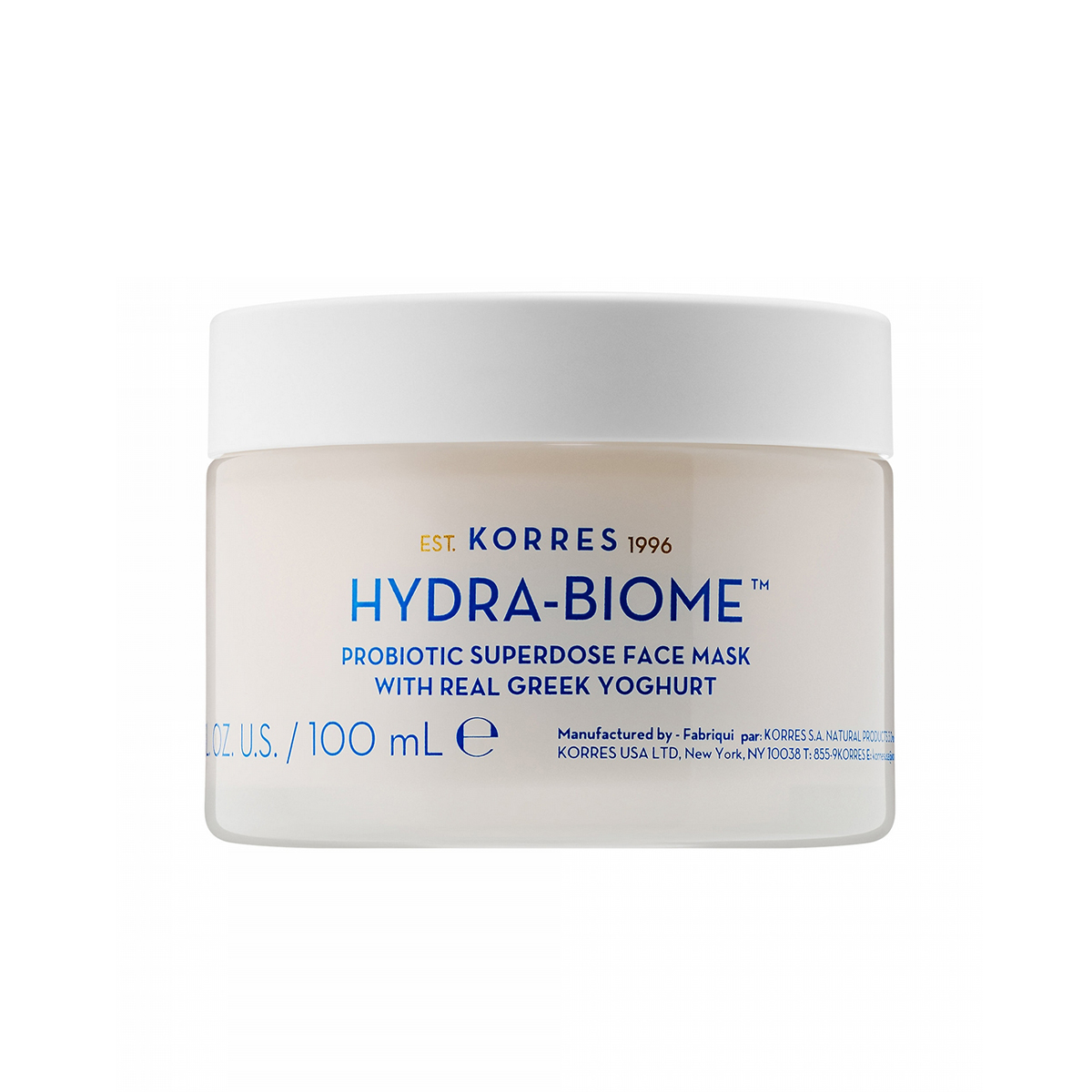
If you'd prefer to get your daily dose of probiotic skincare by way of a mask, we recommend this microbiome-rebalancing mask from Korres. Probitoic-rich Greek yogurt helps soothe irritation and redness while simultaneously replenishing parched skin with much-needed moisture.
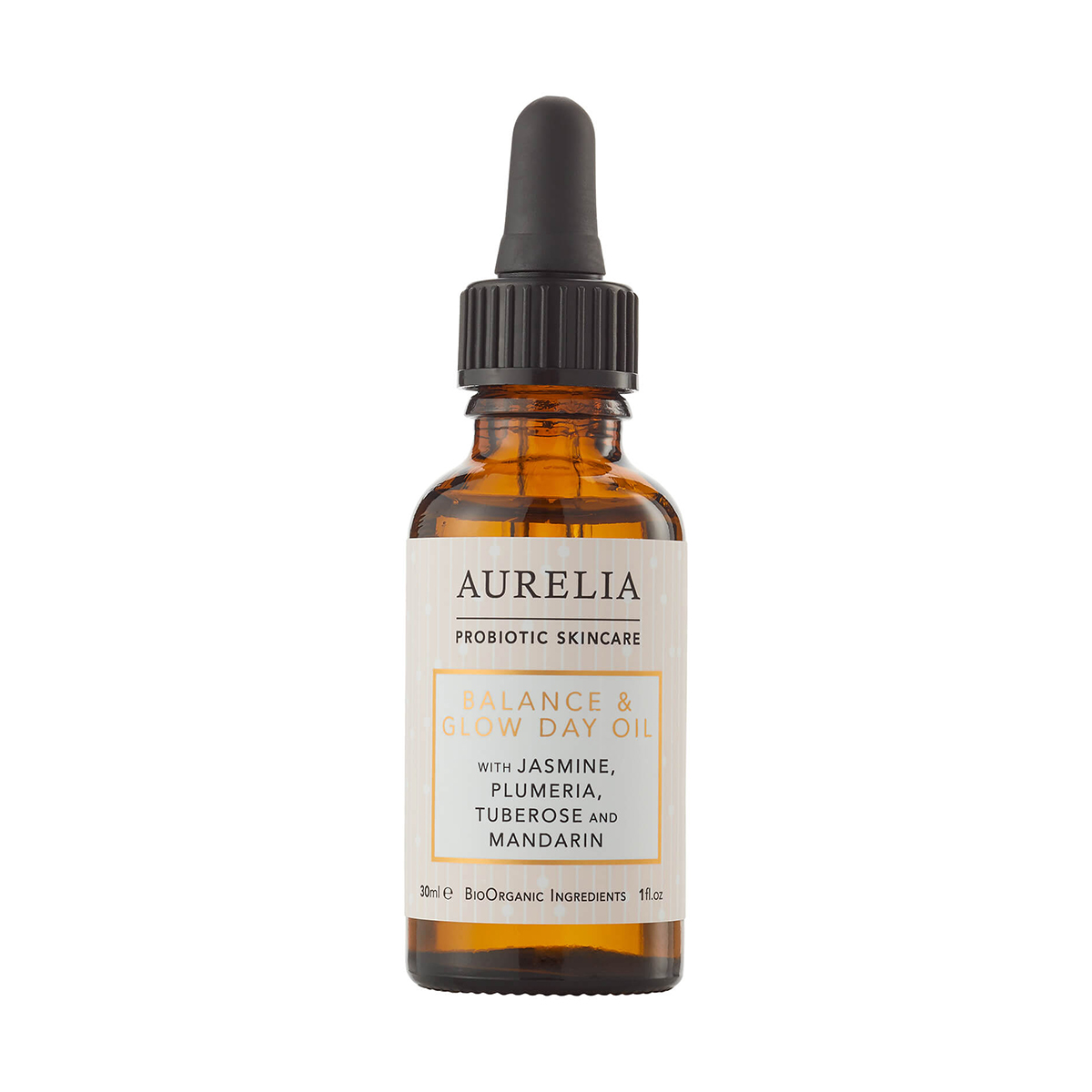
Aurelia makes some of the most decadent, well-loved probiotic skincare products in the industry. You can't go wrong with any of its remedies, but this glow-inducing facial oil is a top customer pick.
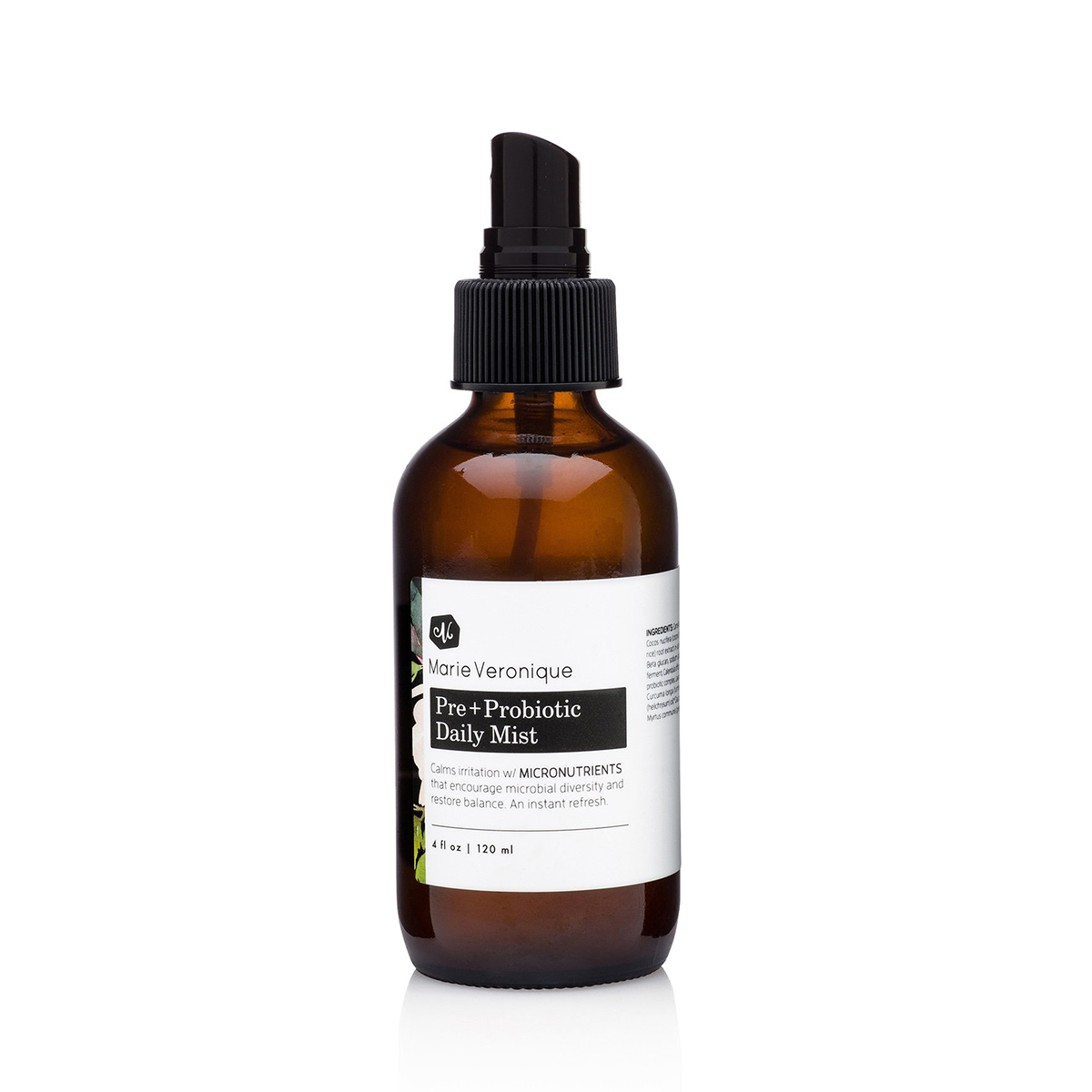
This beloved nontoxic mist from Marie Veronique not only allows for quick and easy skin pick-me-ups, but it also boasts 34 probiotic strains strategically combined with prebiotics to keep even the most easily provoked skin on a radiant, even keel.
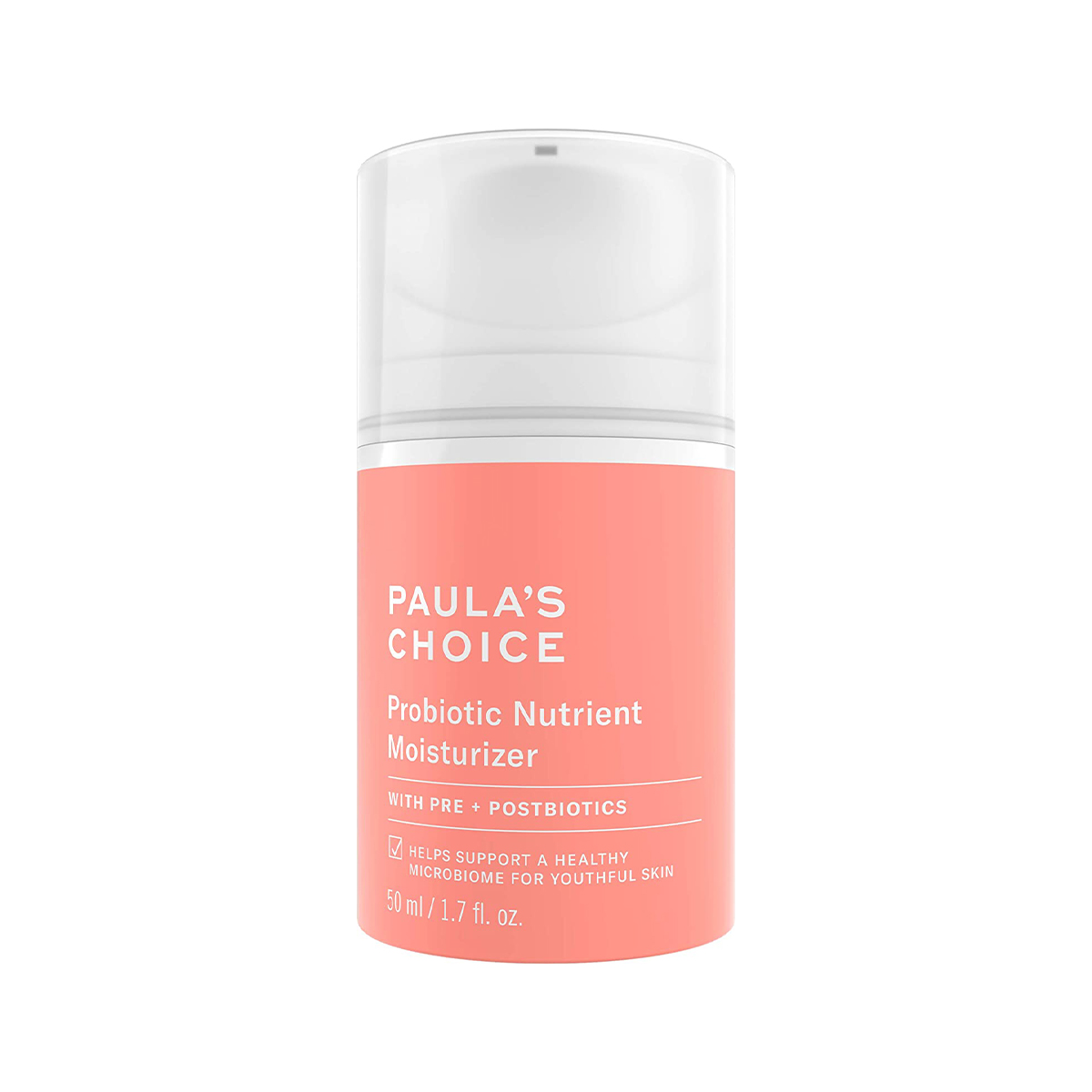
This youth-enhancing moisturizer contains the right balance of skin-feeding prebiotics and probiotics and everything else your skin could possibly want to live its best life. (Think skin-firming ceramides, skin-defending antioxidants, skin-hydrating amino acids, and skin-brightening and tightening peptides.)
Up next, I'm a Beauty Editor—Here Are 25 New Items My Medicine Cabinet Is Dreaming About
Erin has been writing a mix of beauty and wellness content for Who What Wear for over five years. Prior to that, she spent two and half years writing for Byrdie. She now calls Santa Monica home but grew up in Minnetonka, Minnesota, and studied writing, rhetoric, and communication at University of Wisconsin, La Crosse. She studied abroad in Galway, Ireland, and spent a summer in L.A. interning with the Byrdie and Who What Wear family. After graduating from UW, she spent one year in San Francisco, where she worked as a writer for Pottery Barn Kids and PBteen before moving down to L.A. to begin her career as a beauty editor.
